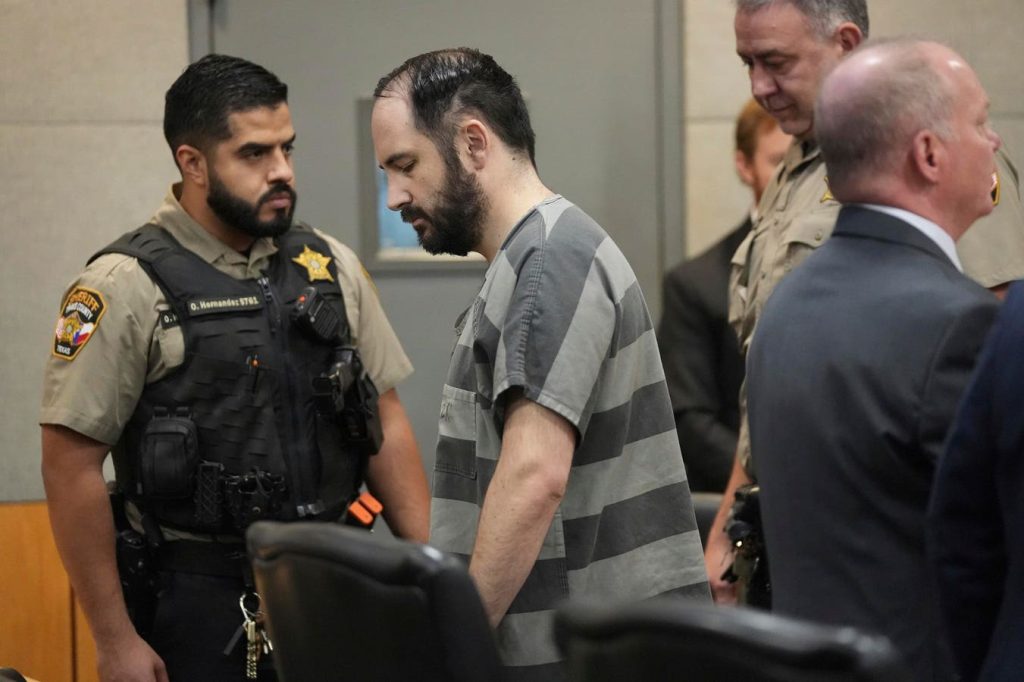U.S. Army Sergeant Daniel Perry, who was convicted last year for murdering a Black Lives Matter protester in 2020, was pardoned by Texas Governor Greg Abbott on Thursday, effectively overturning his 25-year prison sentence. The decision to pardon Perry comes after a unanimous recommendation from the Texas Board of Pardons and Paroles, allowing the governor to carry out his intention to pardon Perry following his conviction in 2022. Perry was found guilty of fatally shooting Garrett Foster, a 28-year-old Air Force veteran who was participating in a racial justice protest in Texas in response to the murder of George Floyd by police officers.
During the protest, Perry drove his car into a crowd of protesters and was approached by Foster, who was legally carrying an AK-47. Foster motioned for Perry to lower his car window before Perry fatally shot him and drove away. Perry argued that he acted in self-defense, claiming that Foster raised his rifle at him. However, prosecutors presented evidence, including social media posts from Perry, to suggest a different motive. In one Facebook post a month before the shooting, Perry stated, “It is official I am a racist because I do not agree with people acting like animals at the zoo.” Perry’s attorney, Douglas O’Connell, defended his client’s social media activity as being taken out of context, describing some posts as “dark humor” or “barracks humor.”
Abbott’s decision to pardon Perry is significant, as the governor has rarely issued pardons in recent years. In 2023, Abbott only granted three pardons, while he issued two in 2022 and eight in 2021, with most being for lower-level offenses. The case of Daniel Perry gained national attention, with former Fox News host Tucker Carlson advocating for Perry’s pardon after his conviction. The pardon will not only lead to Perry’s release from prison but will also restore his right to own a gun. The controversy surrounding Perry’s actions and subsequent conviction has sparked a debate over the use of force in situations involving protests and the role of social media in legal proceedings.
The decision to pardon Daniel Perry has reignited discussions on racial justice, police brutality, and the right to self-defense. The case highlights the complexities of legal proceedings involving protests and the use of force, as well as the impact of social media on criminal cases. As the debate continues, the pardon of Perry raises questions about accountability, justice, and the role of governors in addressing highly charged issues that polarize communities. The fallout from this case is likely to have far-reaching implications for future protests, law enforcement practices, and efforts to bridge the racial divide in the United States.


